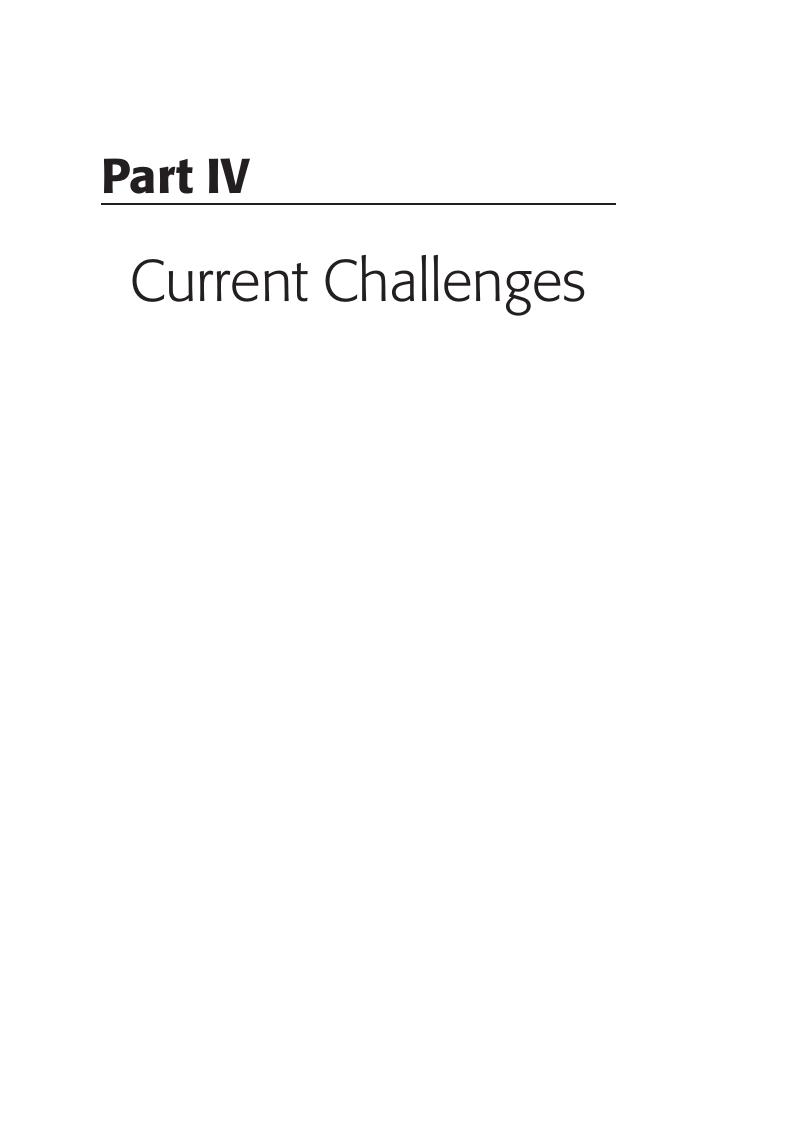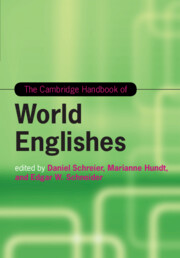Book contents
- The Cambridge Handbook of World Englishes
- Cambridge Handbooks in Language and Linguistics
- The Cambridge Handbook of World Englishes
- Copyright page
- Dedication
- Contents
- Figures
- Maps
- Tables
- Notes on Contributors
- 1 World Englishes: An Introduction
- Part I The Making of Englishes
- Part II World Englishes Old and New
- Part III Linguistics and World Englishes
- Part IV Current Challenges
- Index
- References
Part IV - Current Challenges
Published online by Cambridge University Press: 16 December 2019
- The Cambridge Handbook of World Englishes
- Cambridge Handbooks in Language and Linguistics
- The Cambridge Handbook of World Englishes
- Copyright page
- Dedication
- Contents
- Figures
- Maps
- Tables
- Notes on Contributors
- 1 World Englishes: An Introduction
- Part I The Making of Englishes
- Part II World Englishes Old and New
- Part III Linguistics and World Englishes
- Part IV Current Challenges
- Index
- References
Summary

- Type
- Chapter
- Information
- The Cambridge Handbook of World Englishes , pp. 585 - 701Publisher: Cambridge University PressPrint publication year: 2020

